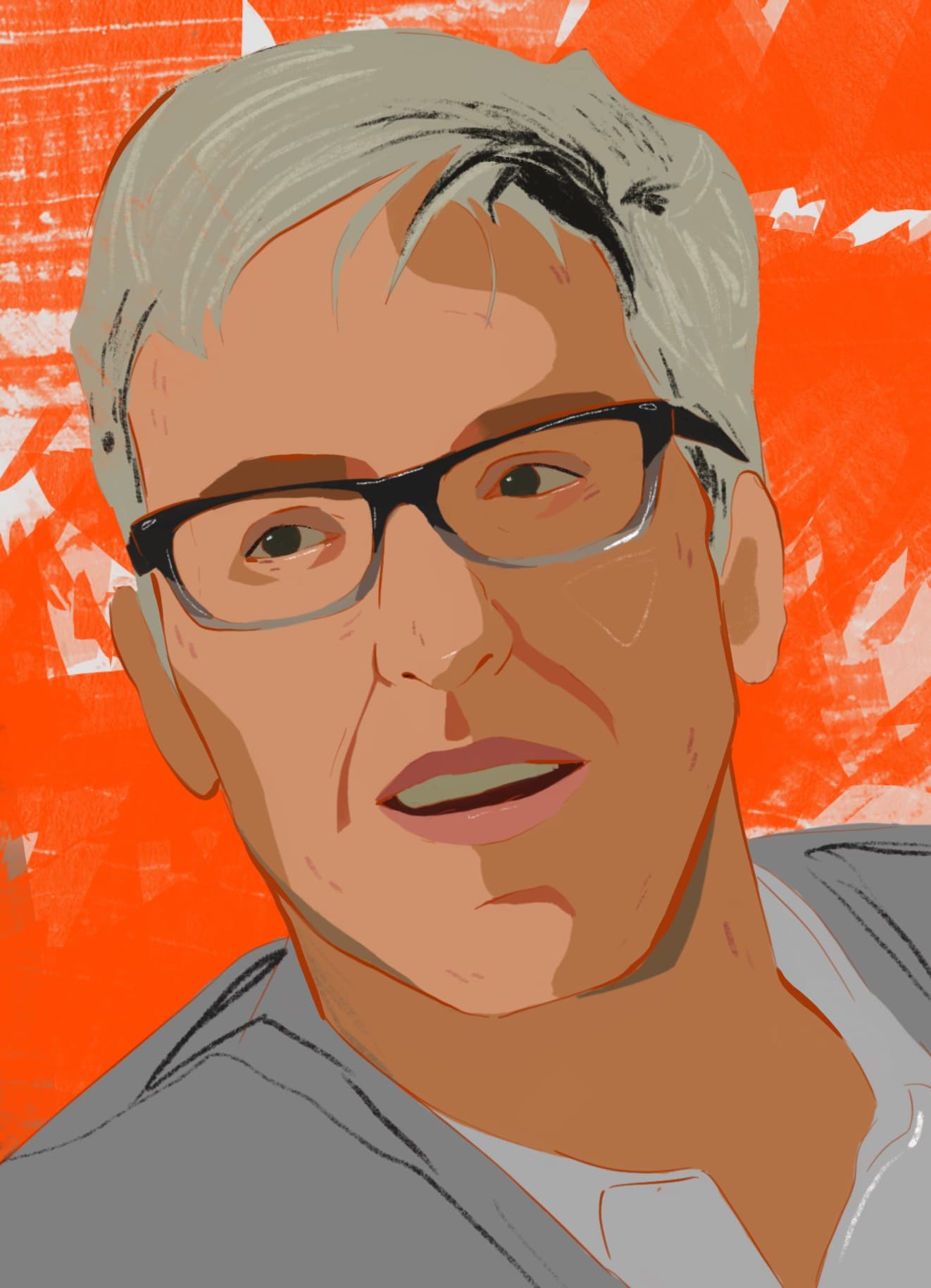Driven by curiosity. Unfettered by orthodoxy. Grounded in the sciences of human behavior. We’re investigating bold new ways to tackle the world’s biggest problems.
Some of our projects
Who we are
Our mission is to generate breakthrough solutions to the world's hardest problems.
The Center for RISC is the brainchild of Steven Levitt, professor of economics at the University of Chicago and co-author of Freakonomics. We are not an academic group or research lab. Instead, we investigate today's social issues by combining unconventional perspectives with empirical data, generating radical solutions with real-world relevance. We then test and scale those solutions through a mix of partnerships with academics, nonprofits, government agencies, international organizations, and private corporations.
Our team holds degrees from the world's leading universities, and our Analysts have trained in the fields of data science, economics, political science, applied mathematics, and more.
After their time at RISC, our alumni have continued their distinguished paths, pursuing further education, embarking on projects abroad, and taking on roles in tech, academia, philanthropy, and beyond.

Steve Levitt
Co-Founder, Faculty Director

Jeffrey Severts
Co-Founder, Executive Director

Cami Brix
Senior Analyst

Hana Horiuchi
Analyst

Davis Johnstone
Analyst

Ben Klosky
Analyst

Katherine Leahy
Senior Analyst

Josie Maier
Analyst

Micah Ross
Analyst

Daniela Shuman
Analyst

Ben Thevathasan
Lead Data Scientist

Contact Us
Have an idea we could pursue? Want to partner with us?